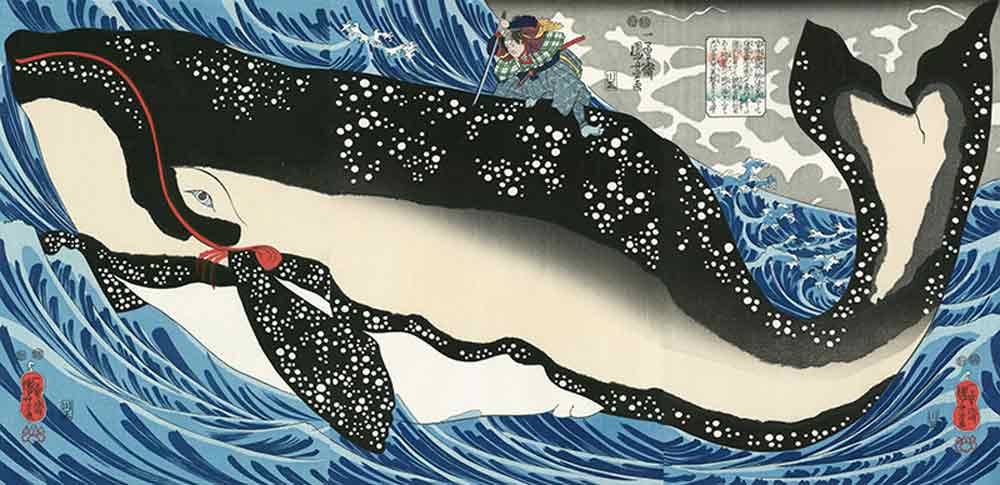
Flow Meraki Sahmadi (Part 1)
Samadhi, enlightenment, flow, meraki: there are some words that periodically come back to us and which indicate a mental state of complete participation, optimal performance, full awareness… Each word has a different background, just think of Zen enlightenment, samadhi… yet we have all experienced perfect moments, where we felt in full control of what we were doing. For a long time now, Mihaly Csikszentmihalyi has investigated the scientific and theoretical foundations of this sensation and has defined it as flow.
Take a read and tell me what you think! And, if you like, take a tour of our new website ilteamgiusto.it which will serve as a platform to prepare our new book based on an active engagement of our readers about teamworking!
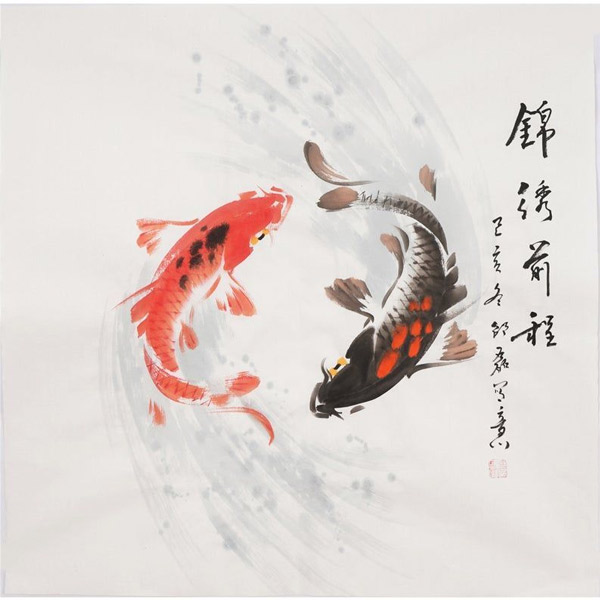
Samadhi, Enlightenment, Flow, Meraki – heaven on earth. (Flow: Part 1)
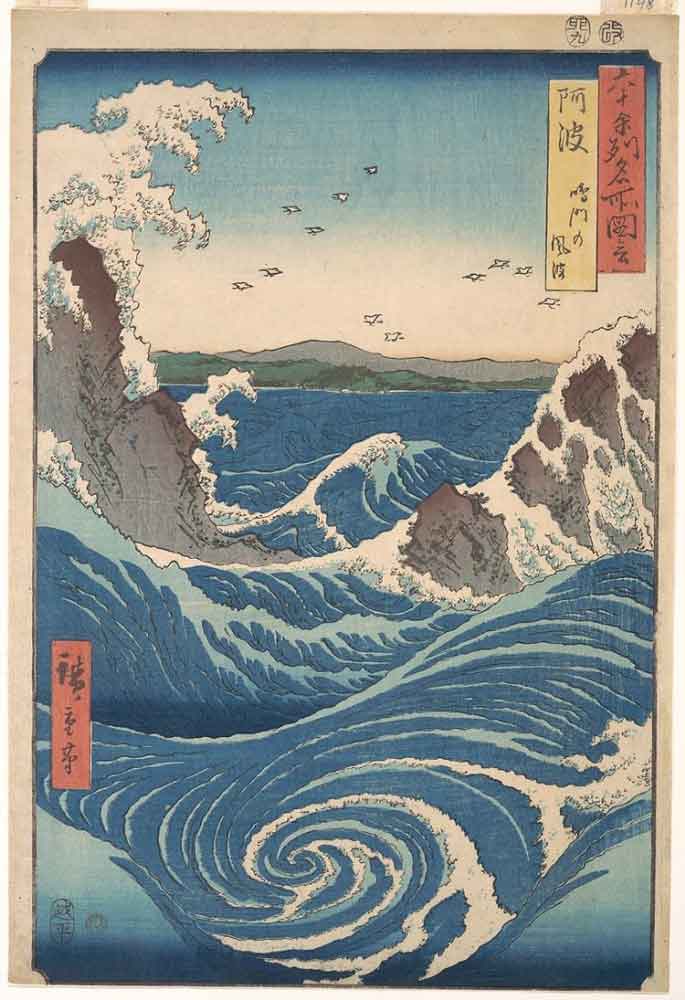
In recent days, for different reasons, two books have come back to my mind, the first by Mihaly Csikszentmihalyi, the well known Flow, and the second by Byung Chul Han, The Philosophy of Zen Buddhism. They are books written with very different intentions and almost twenty years apart from each other, but they have in common the fascination for that sense of complete participation and deep concentration that one calls flow, the other leads back to the samadhi of enlightenment, but which has been called in its various aspects Meraki, Ecstasy, Absolute Talent, etc.
Let’s retrace the path of Mihaly Csikszentmihalyi together, who tries to give a scientific foundation to the ecstasy of doing well without a purpose (autotelic), just for the sake of doing it that way.
The scientist tells us that “We all experience moments in which, instead of being at the mercy of nameless forces, we feel that we are in control of our actions, that we are masters of our destiny. It is the moment of optimal experiences (we are in the flow precisely, n.d.s.). In the long run the optimal experiences add up to a feeling of mastery (or perhaps better awareness of participating in determining the content of life), which is the closest thing to happiness we can imagine.
Flow is the state in which people are so involved in an activity that it seems that nothing else matters, furthermore, the experience in and of itself is so satisfying that they would be willing to do it even at a high cost just for the pleasure of doing.”
So, here are already some keywords: mastery, optimality, awareness, happiness, joy.
The author explores, in a very important part of the book, the concept of consciousness and psychic energy, of the autotelic self. I recommend you to read them. I omit them here because I would like to focus on the more practical aspects of his analysis.
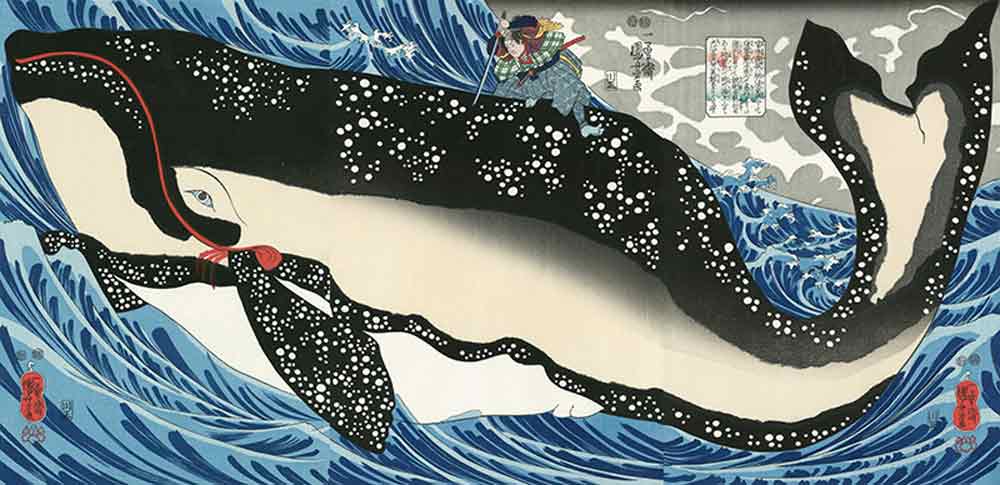
The optimal experience seems to be structured around eight main elements:
- Usually the optimal experience occurs when we face tasks that we have the opportunity to perform: a stimulating activity that requires skill, a task that falls within our duties, an activity that mobilizes our skills.
- We must be able to concentrate on what we are doing (the fusion of action and awareness): we must have the time, place, context to be able to dedicate ourselves.
- The rule of concentration is possible because the task undertaken has clear objectives (we know what we must/want to achieve) and
- feedback is immediate (continuous fine-tuning is possible as we proceed and feedback, perhaps from someone else, on how it’s going).
- We work with a deep but effortless commitment that eliminates the worries and frustrations of daily life from our conscience and
- experiences sources of inner well-being allow people to experience a feeling of control over their actions (if you think about it, the latter two seem to be a consequence of the first ones).
- Concern for self disappears yet, paradoxically, the sense of self reappears stronger at the end of the experience.
- Your sense of time is altered, hours last minutes, and minutes can alter to appear like hours.
If you want, we can see it in another way, and Mihaly tells us: “the key element of the optimal experience is that it is an end in itself (autotelic). Even if it was initially undertaken for other reasons, the activity in which we immerse ourselves fully becomes its own reward.” Does it make sense? The term autotelic indicates an activity that is complete and that completes itself and for this reason it is faced, in depth, because just the doing of it becomes a reward in itself.

So, let’s try to see how to create the conditions to get to the Flow!
- Set goals. In order to experience flow, one must have clear goals to strive for. The choice of purpose is linked to the recognition of the challenges: deciding to do one particular thing in order to do it well, not all of them. “As goals and challenges define a system of action, they in turn indicate the capabilities needed to operate within that context.” The author tells us. Once I identify the purpose, I just go with it.
- Engage in the activity! After choosing a system of action, one must find the balance between one’s ability and the goal to be achieved: training, ecploration, experimentation, getting used to, learning… whatever it takes to get us closer to the goal.
- Pay attention to what is happening. Instead of worrying about how it’s going, how the others see it from the outside, you keep the focus on what you’re doing, how you’re doing it and how far it is from how you should do it. Invest your energy capital in the system in which you belongs while you act to achieve the goal, integrate yourself into the environment rather than separating from it, listen to it and observe it to refine the quality of your action. Be careful: there is a difference between listening to the environment and listening to the opinion that others have of what we are doing. Remember Epictetus, the great Stoic philosopher: “If you suffer from the things of the world, it is not those that disturb you, but the judgment that you yourself give of them. And you can erase that judgment immediately.” Oh, yes: just about two thousand years before Mihaly Csikszentmihalyi.
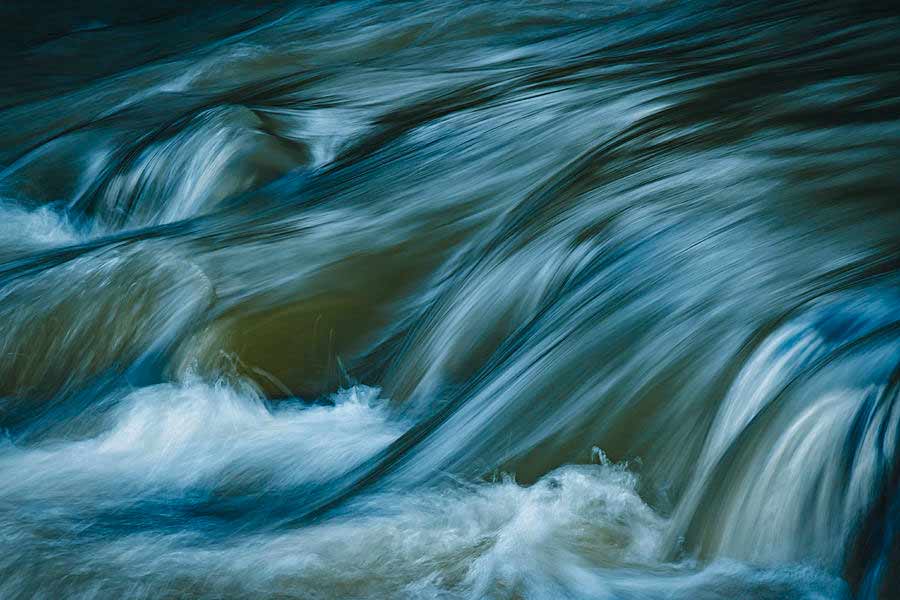
- Be fully committed to your goals. A person who is attentive to the interaction instead of pre-occupied with/for herself achieves a paradoxical result: she no longer feels like a separate individual, yet her self becomes stronger. The awareness generated by doing consolidates the experience of the self, so sorry for the pompous sentence, but that’s the way it is…
- Find satisfaction in immediate experience. Focusing on purpose enables one to find satisfaction even when the objective situation is horrific or dangerous, sensing the opportunities that may come from stumbling or difficulty. Having control of your mind through mindfulness means that literally everything that happens can be a source of joy.
The continuous reference to the oriental way of seeing the world is a constant in Mihaly Csikszentmihalyi’s book. Byung Chul Han is no less, albeit with more philosophical aims and with the intention of comparing Western and Eastern traditions (we will return to this in a future article). I salute you, exaggerating, with a quote that is perhaps more than two thousand five hundred years old, from the book of the Tao te Ching by Lao Tzu: “This is the way to heaven: do your job and then whitdraw quietly.”.
In the next article we will see how Flow applies to the team!